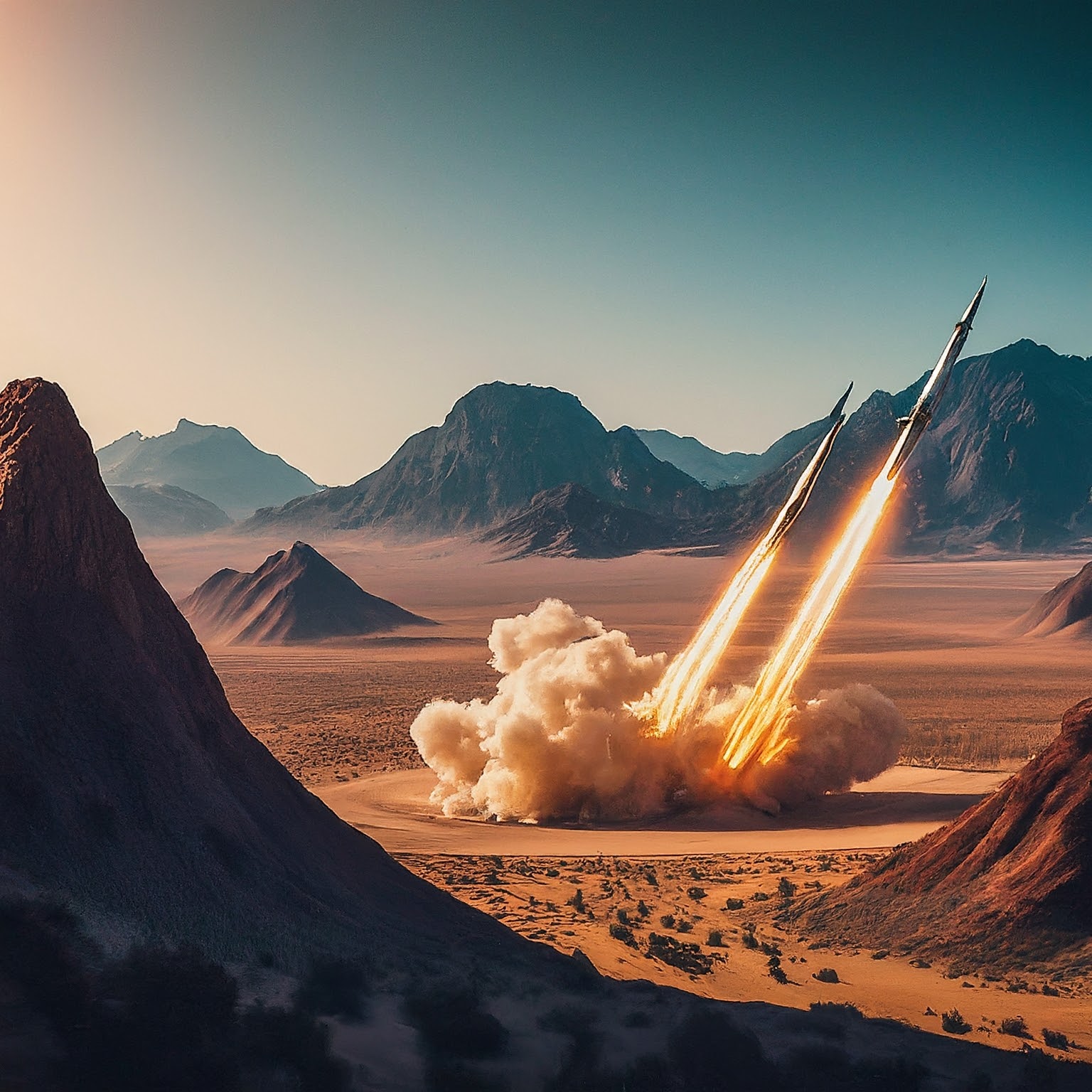Here is a synopsis of our Iran Nuclear Narrative Intelligence brief.

This Iran Nuclear narrative is driven by 35 sources in the MENA Media module, amplifying 478 narrative items.
Today, our Narrative AI highlights ongoing tensions surrounding Iran's nuclear program, emphasizing that US national security advisor Jake Sullivan has noted no signs of Iran actively developing nuclear weapons. It showcases Iran's insistence on the peaceful nature of its nuclear activities while addressing warnings from the US against further enrichment. Additionally, the brief discusses the complex dynamics of nuclear negotiations, particularly the stalled discussions following the US withdrawal from the 2015 nuclear deal and the recent calls from Israeli officials for more aggressive action against Iran's ambitions.
The ongoing tensions surrounding Iran's nuclear program are deeply intertwined with the country's demographics, socio-economic conditions, political landscape, and national security considerations. Iran, with a population of approximately 86 million, is predominantly Persian, with significant ethnic minorities, including Azeris and Kurds. This demographic diversity influences internal politics, particularly regarding national identity and regional autonomy.
Economically, Iran faces significant challenges, including high inflation and unemployment, exacerbated by international sanctions and mismanagement. The economy is heavily reliant on oil exports, making it vulnerable to fluctuations in global oil prices and sanctions, particularly from the U.S. and its allies. This economic strain fuels public discontent and can impact the government's stability, influencing its hardline stance on nuclear negotiations.
Politically, Iran is governed by a theocratic regime led by Supreme Leader Ali Khamenei, with a complex power structure that includes elected officials and unelected clerics. The political discourse is often polarized, with ultraconservative factions advocating for a more aggressive stance against Western powers, particularly regarding nuclear capabilities. The failure of the Joint Comprehensive Plan of Action (JCPOA) has intensified these divisions, as hardliners criticize perceived weaknesses in negotiations.
Geographically, Iran's strategic location borders several key players in the Middle East, including Iraq, Afghanistan, and the Gulf states. This positioning heightens its national security concerns, particularly regarding Israel and U.S. military presence in the region. The potential for military conflict remains a significant concern, especially with calls from Israeli officials for a more aggressive posture against Iran's nuclear ambitions.
In summary, Iran's nuclear program is a focal point of broader socio-economic, political, and military dynamics, reflecting the complexities of its domestic and international relations.
Our Kudzu Narrative Intelligence brief auto-updates every few hours with fresh analysis:
Note: Kudzu Narrative Intelligence briefs update every few hours. Very likely, the Narrative Analysis above will have changed as well.
Image Credit for Article Header: Gemini AI